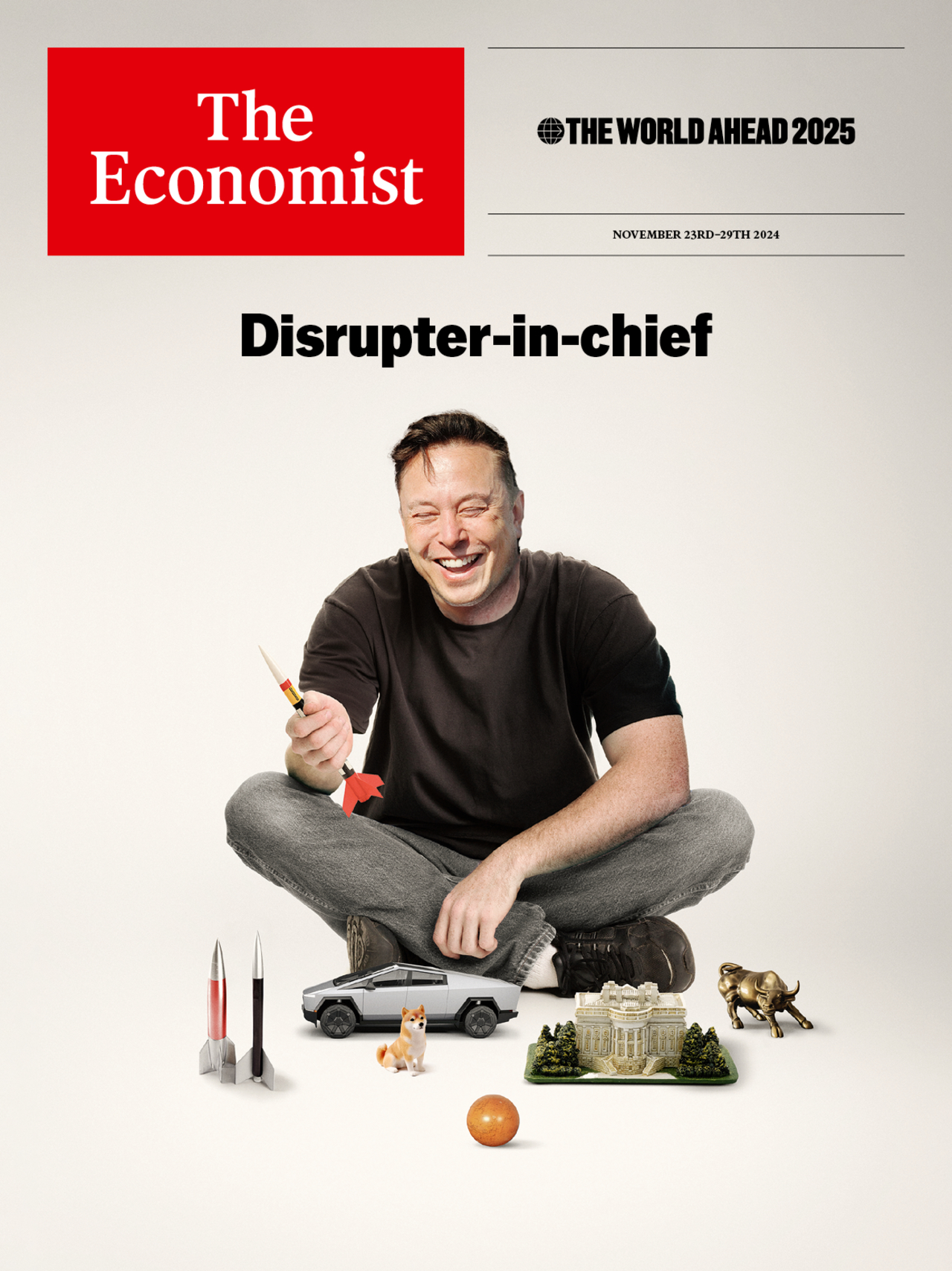
Unmasking Deceptive AI: Meta’s Battle Against Election Misinformation
As the digital landscape continues to evolve, the threat of deceptive artificial intelligence (AI) looms large over democratic processes worldwide. In a bid to safeguard the integrity of the upcoming EU elections in June, Meta, the parent company of Facebook and Instagram, has announced the formation of a specialized team to combat the spread of misleading AI-generated content.
The proliferation of generative AI technology, capable of producing convincing fake videos, images, and audio, has raised concerns about its potential misuse to manipulate voters. Home Secretary James Cleverly highlighted the risks posed by AI-generated fakes in influencing electoral outcomes, underscoring the urgency of proactive measures to address this growing challenge.
Meta’s proactive stance comes on the heels of a recent agreement with major tech firms to collectively combat the dissemination of deceptive content. The company’s commitment to enhancing election security is underscored by its substantial investment of over $20 billion in safety and security measures, including a significant expansion of its global team dedicated to content moderation.
Meta’s Strategic Approach
In response to the imminent European Parliament vote, Meta is set to establish an EU-specific Elections Operations Centre tasked with identifying and mitigating potential threats across its platforms in real-time. This operational hub will leverage the expertise of diverse teams, spanning engineering, data science, and legal domains, to bolster defenses against AI-generated misinformation.
While Meta’s initiative has garnered attention for its proactive stance, critics like Deepak Padmanabhan from Queen’s University Belfast have raised valid concerns about the efficacy of the proposed strategy. Padmanabhan’s skepticism centers on the inherent challenges of discerning AI-generated images’ authenticity, particularly in scenarios depicting contentious events like clashes between protesters and law enforcement.
Collaborative Efforts and Future Prospects
Despite the complexities inherent in combating AI-driven disinformation, Meta remains resolute in its commitment to upholding election integrity. By collaborating with 26 fact-checking organizations across the EU and enlisting additional partners to address emerging threats, Meta aims to fortify its defenses against misinformation campaigns.
The company’s emphasis on transparency and accountability is exemplified by its pledge to label and reduce the visibility of misleading content, while also prohibiting its dissemination through advertisements. Moreover, Meta’s collaborative approach underscores the collective responsibility shared by industry stakeholders, governmental bodies, and civil society in safeguarding the democratic process from AI-enabled manipulation.
Looking Ahead
As the digital landscape continues to evolve, the battle against deceptive AI represents a pivotal frontier in the ongoing struggle to preserve the integrity of democratic institutions. Meta’s proactive measures underscore the imperative of technological vigilance and collaborative action in countering the proliferation of AI-generated misinformation.
In an era defined by rapid technological advancements, the resilience of democratic processes hinges on the collective resolve of stakeholders to confront emerging threats and uphold the principles of transparency, accountability, and electoral integrity.















